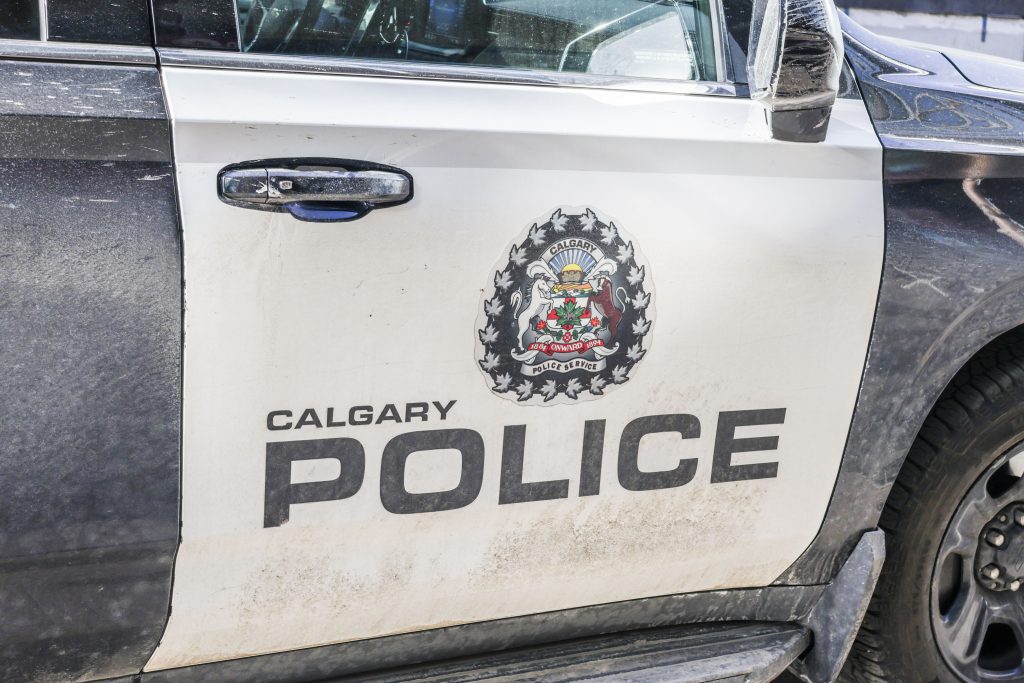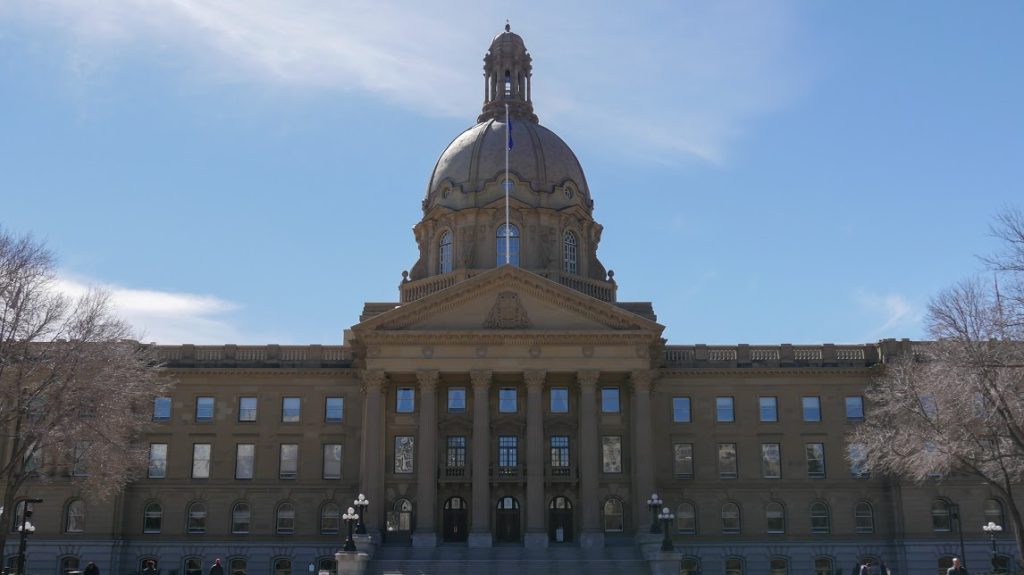Tensions in Tunisia after president suspends parliament
Posted Jul 26, 2021 1:12 am.
Last Updated Jul 26, 2021 1:14 am.
TUNIS, Tunisia (AP) — Tunisian troops surrounded parliament and blocked its speaker from entering after the president suspended the legislature and fired the prime minister following violent nationwide protests over the country’s economic troubles and virus crisis.
Protesters celebrated President Kais Saied’s decision late Sunday night, shouting with joy, honking horns and waving Tunisian flags.
But his critics accused him of a power grab that threatens Tunisia’s young democracy.
Chief among them was the parliament speaker and head of Islamist movement Ennahdha, Rached Ghannouchi, who called it “a coup against the constitution and the (Arab Spring) revolution.”
Thousands of people defied virus restrictions and scorching heat to demonstrate Sunday in the capital, Tunis, and other cities. The largely young crowds shouted “Get out!” and slogans calling for the dissolution of parliament and early elections. Clashes erupted in many places.
Tunisia’s economy has been struggling for years, and the country recently reimposed lockdowns and other virus restrictions because it’s facing one of Africa’s worst virus outbreaks.
After the announcement of the president’s decision, army units were deployed around the capital, and an Associated Press reporter saw military vehicles heading toward the parliament in nearby Bardo.
During the night, Ghannouchi tried to enter with an associate but was blocked, according to Mosaique FM news radio. He insisted the parliament would continue to work despite the president’s move.
The president cited concerns about violence as a reason for his decision, and warned against any breach of public order, threatening troublemakers with severe penalties. “We have taken these decisions … until social peace returns to Tunisia and until we save the state,” he said in a military-style televised address.
He invoked an article of Tunisia’s constitution allowing him to take “exceptional measures in the event of imminent danger threatening the institutions of the nation and the independence of the country and hindering the regular functioning of the public powers.” The measure allows him to assume executive power and freeze parliament for an unspecified period of time until normal institutional workings can be restored.
But Ghannouchi said the president didn’t consult with him and the prime minister as required by the article. The three have been in conflict.
Others also criticized the president’s decision.
Former President Moncef Marzouki called for political dialogue, saying in a Facebook video, “We made a huge leap backward tonight, we are back to dictatorship.”
___
Associated Press journalist Mehdi El Arem in Tunis contributed to this report.
Bouazza Ben Bouazza, The Associated Press








